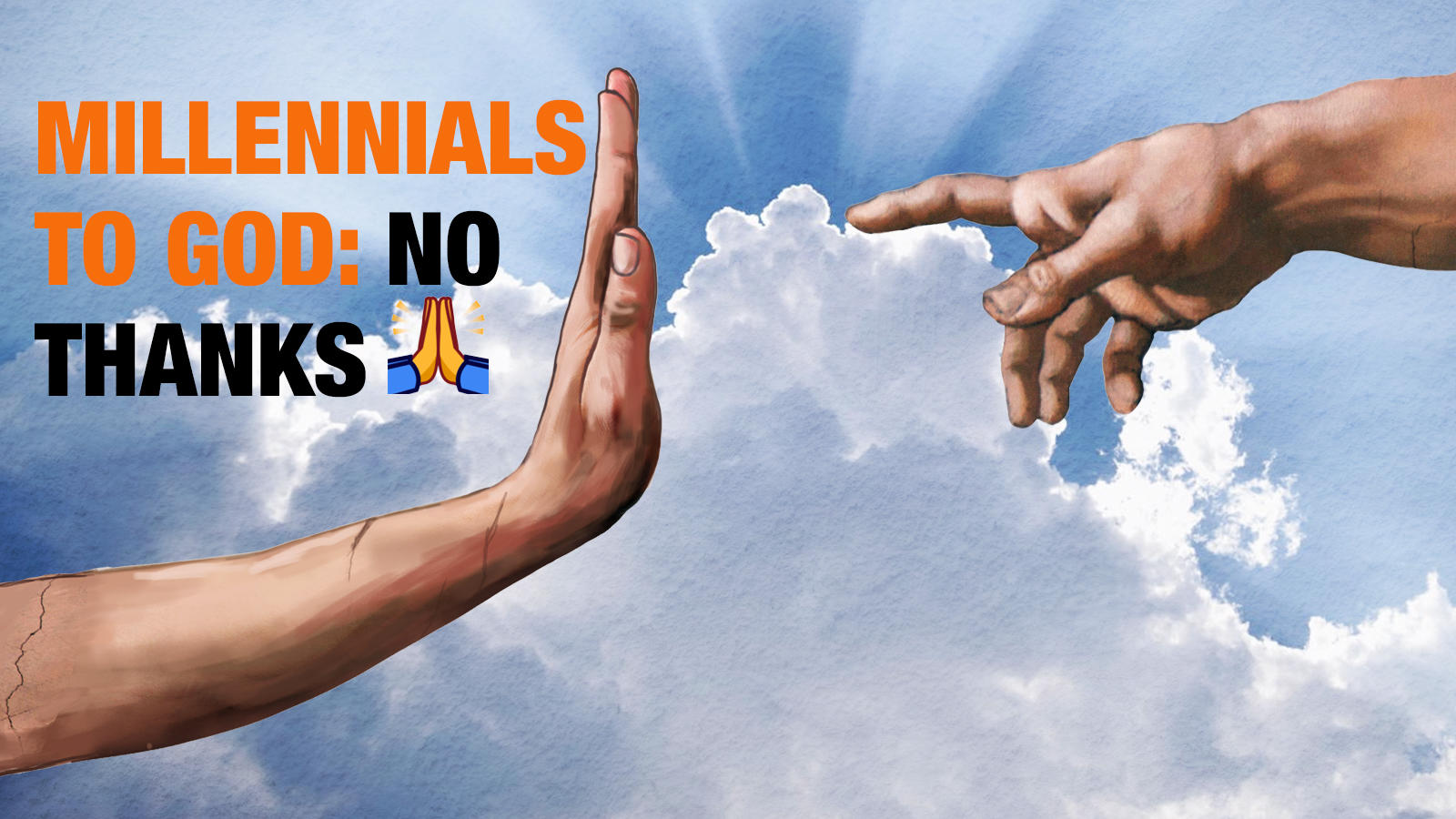Perhaps we are just a little behind where Europe has already gone. Europeans love their heritage but don't pay much attention to it in their daily lives -- at least when it comes to the faith. Few of them bother with going to church. The morality they once inherited from the generations who went before is also eroding. The Christian churches are cultural treasures quite apart from their history or their symbolism. Consider the state of things in the wake of the fire at Notre Dame.
State churches have a unique status as some kind of state agencies serving the whole populace while at the same time presuming to be real churches -- with faith, piety, and vocation. I am not sure that there is much balance there. Most of them lean pretty solidly toward to the bureaucracy and civic function of their purpose while the confession and life of the church is preserved in form if not in content. At least that is what you might think. Here the model is the Church of England.
The Church of England has a vast network of parish churches, grand cathedrals, and a place within the venerable heritage of schools. So when the CofE decides to issue guidelines for worship in the schools they sponsor or provide religious service to, it is worth some notice. It turns out that they have issued a document that seems to fit exactly the ambivalence that fits the Millenials. The statement, “Inclusive, Invitational, Inspiring: A Statement of Entitlement and Expectation,” attempts to provide guidance toward those schools and, in doing so, may well reflect its own understanding of what happens in parishes as well as school chapels.
The phrase that jumps out is “Worship is collective in that it involves meeting, exploring, questioning, and responding to others and, for some, to God.” Yup. You got it. Worship may include God -- but it need not. The CofE is trying to be multicultural, to be sensitive to the different faiths of the different folk in their chapels, and of the freedom of those students to check out of what they do not like or what might make them uncomfortable. It is worship without any strings attached, a buffet style chapel in which you can eat or not and how much or how little you want. God may be there for those who wish Him and the god who is there depends upon the person sitting in the pew. In this respect, this seems to fit exactly the uncertainty and lack of concern felt by the Millenials mentioned above.
The Gospel need not be a part of this worship and it may be that it is exactly the Gospel which confuses or confounds worship and the folks sitting in the pews. Jesus need not be present and, frankly, it would be better if Jesus were absent -- unless, of course, Jesus is simply window dressing and does not intrude upon our self-esteem with words about sin or our sophistication to presume that if such sin existed, a blood sacrifice might be required to atone for them, or that death needed a risen Savior to overcome. And there you have it. Jesus is an embarrassment and perhaps an impediment to real worship.

2 comments:
The "strange statistic" is from "American Worldview Inventory 2021, Release #3: The Seismic Generational Shift in Worldview: Millennials Seek a Nation Without God, Bible and Churches." The survey was a nationally representative sample of 2,000 adults (from where?) from four age groups born between 1927 and 2002, which suggests an average of 500 people per age group.
The 43% number for millennials actually includes "don't know, care, or believe that God exists."
Furthermore only 16% (out of the 57% claiming to be Christian) "believe that when they die they will go to Heaven but only because they confessed their sins and accepted Jesus Christ as their savior." The also data indicates that probably some of the millennials claiming to be Christian were influenced by a "moralistic therapeutic deism" worldview.
The document also included: "Note: Due to space limitations the descriptions above are not the exact wording used in the survey."
One would need to purchase the complete survey document to find out what questions were actually asked.
In a nutshell, in both Europe and America, there is a "falling away," taking place. People choosing not to believe in God, and others just simply too involved with the world to be concerned about their spiritual condition. I believe that God is preparing a great series of judgments on an unbelieving generation, and it will drive some to the Lord, and harden the rest. Soli Deo Gloria.
Post a Comment